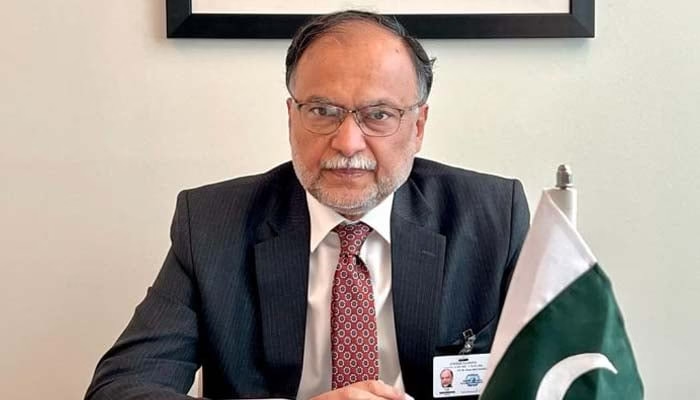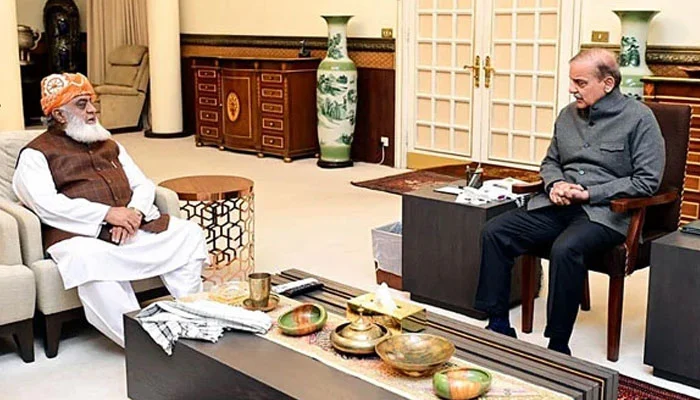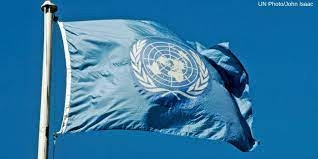Federal Minister for Planning and Development, Ahsan Iqbal, delivered a powerful message on national strength and military capability during the inauguration ceremony of a new rescue service in Narowal. In his address, the minister praised Pakistan’s armed forces and national leadership for their response to Indian aggression, stating that wars are not won through numbers alone but through strategy, capability, and professionalism.
Referring to a recent episode of rising tensions with India, Ahsan Iqbal said that Pakistan’s military and leadership had sent a clear message to its neighbor: India was shown the stars in broad daylight. The remark drew applause from the audience and was aimed at highlighting the strategic effectiveness of Pakistan’s defense forces in the face of a more numerically superior adversary.
Leadership in the Time of Crisis
Taking a veiled dig at the opposition, Ahsan Iqbal remarked that At that time, Pakistan had leadership that didn’t just sit and ask, ‘Should I retaliate now?’ It acted with resolve.This was a clear reference to previous political scenarios where leadership during moments of crisis may have appeared indecisive or hesitant.
He emphasized that the decisiveness of the current leadership ensured a timely and effective response that not only thwarted India’s intentions but also sent shockwaves across the globe, especially in Washington. According to the minister, India’s aggressive posturing was neutralized within two hours, and “their cries had reached America,” highlighting the swift impact of Pakistan’s countermeasures.
Indian Jets Turned to Scrap
One of the most striking parts of his speech was a direct jab at India’s military hardware. Ahsan Iqbal claimed that “Indian planes purchased for millions of dollars became the adornment of junk shops.” This was an apparent reference to incidents where Indian aircraft faced failures or were downed during skirmishes, bringing into question the efficacy of their high-cost defense acquisitions.
He pointed out that Pakistan’s armed forces demonstrated their effectiveness not through flashy equipment or large numbers, but through precise capability, training, and planning—factors that are the real backbone of national defense.
The Road Ahead: Economic Goals and National Pride
Shifting the focus to the country’s economic agenda, Ahsan Iqbal called for turning national pride and security into economic momentum. He stated that Pakistan must now strive to elevate its exports from the current $32 billion to a target of $100 billion, indicating that economic strength must walk hand-in-hand with military readiness.
“We have shown our strength in defending our homeland; now it’s time to show our strength in the global economy,” said the minister. He encouraged citizens and institutions to channel the same spirit of resilience and unity toward achieving economic development, technological innovation, and export-driven growth.
National Unity and Service to the People
The inauguration of the rescue service in Narowal served as the backdrop for Iqbal’s larger message about public service, security, and national identity. He highlighted that investments in safety, health, and emergency response services are just as important as defense spending when it comes to building a strong and resilient nation.
He praised the launch of the new service as part of a broader vision to improve governance, citizen safety, and infrastructure development in smaller cities and towns across Pakistan.
Ahsan Iqbal’s speech served as both a patriotic tribute to the armed forces and a call to action for economic transformation. His remarks underscored a belief that Pakistan’s future depends not just on its ability to defend itself militarily, but also on how well it can position itself in the global economic landscape.
As tensions with India remain a recurring theme in South Asia’s geopolitics, such strong statements from federal ministers aim to reinforce national confidence while promoting unity and progress on both the defense and development fronts.



